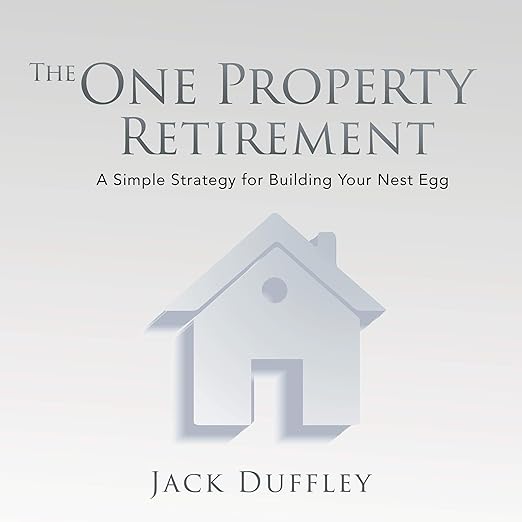Investing in Property for Retirement: A Strategic Guide
As retirement approaches, the question of financial security looms large for many individuals. With the uncertainty of pension plans and the volatility of financial markets, savvy investors often turn to real estate as a reliable asset to secure their retirement.
Property investment offers a plethora of benefits that can provide a stable income stream, hedge against inflation, and diversify one’s investment portfolio.
Advantages
In this article, we delve into the advantages of investing in property for retirement and provide a strategic guide for those considering this avenue for their financial future.
One of the primary attractions of property investment in retirement planning is its ability to generate passive income. Unlike stocks or bonds, real estate can produce steady rental income, which serves as a reliable source of cash flow during retirement.
Type of property
Whether through residential properties, commercial spaces, or vacation rentals, owning real estate allows retirees to collect rent payments that can supplement other sources of income, such as pensions or social security benefits.
Moreover, rental income tends to increase over time, providing a hedge against inflation and ensuring a consistent stream of funds throughout retirement.
Significant advantage
Another significant advantage of property investment is its potential for capital appreciation. While real estate values may fluctuate in the short term, historically, property prices have shown a tendency to appreciate over the long term.
By investing in well-selected properties in desirable locations, retirees can benefit from the appreciation of their assets, thereby growing their wealth and providing a cushion against economic downturns.
Additionally, property investment offers the potential for equity buildup through mortgage repayment, further enhancing the overall return on investment over time.
Diversification
Furthermore, property investment offers diversification benefits to retirees’ investment portfolios. As the saying goes, “don’t put all your eggs in one basket.”
By adding real estate to a diversified investment portfolio, retirees can reduce their exposure to market volatility and mitigate the risks associated with fluctuations in stock prices or interest rates.
Real estate often exhibits low correlation with other asset classes, meaning that its performance is less dependent on the movements of the stock market, providing a level of stability and security for retirees’ financial portfolios.
Key considerations
When considering property investment for retirement, it’s essential to adopt a strategic approach to maximize returns and minimize risks. Here are some key considerations for retirees looking to invest in real estate:
- Define Your Objectives: Begin by clarifying your investment goals and risk tolerance. Determine whether you’re seeking steady income, capital appreciation, or a combination of both. Understanding your financial objectives will help guide your investment decisions and asset selection process.
- Conduct Thorough Research: Take the time to research various real estate markets, property types, and investment strategies. Consider factors such as location, rental demand, property condition, and potential for growth. Conducting due diligence upfront can help identify lucrative investment opportunities and mitigate risks.
- Evaluate Financing Options: Explore different financing options available for property investment, such as conventional mortgages, FHA loans, or cash purchases. Assess the impact of financing on your cash flow and overall return on investment. Consider consulting with a financial advisor to determine the most suitable financing strategy for your situation.
- Plan for Property Management: Decide whether you’ll manage the property yourself or enlist the services of a professional property management company. Factor in the associated costs and responsibilities of property management when evaluating the potential profitability of your investment.
- Monitor and Adjust: Stay vigilant about monitoring your real estate investments and make adjustments as needed. Stay informed about market trends, rental rates, and property maintenance to ensure optimal performance and maximize returns over time.
In conclusion, property investment can be a valuable component of retirement planning, offering a range of benefits including passive income, capital appreciation, and portfolio diversification.
By adopting a strategic approach and conducting thorough research, retirees can harness the power of real estate to secure their financial future and enjoy a comfortable retirement lifestyle.
As with any investment, careful planning, diligent management, and periodic review are essential for long-term success in property investment for retirement.

